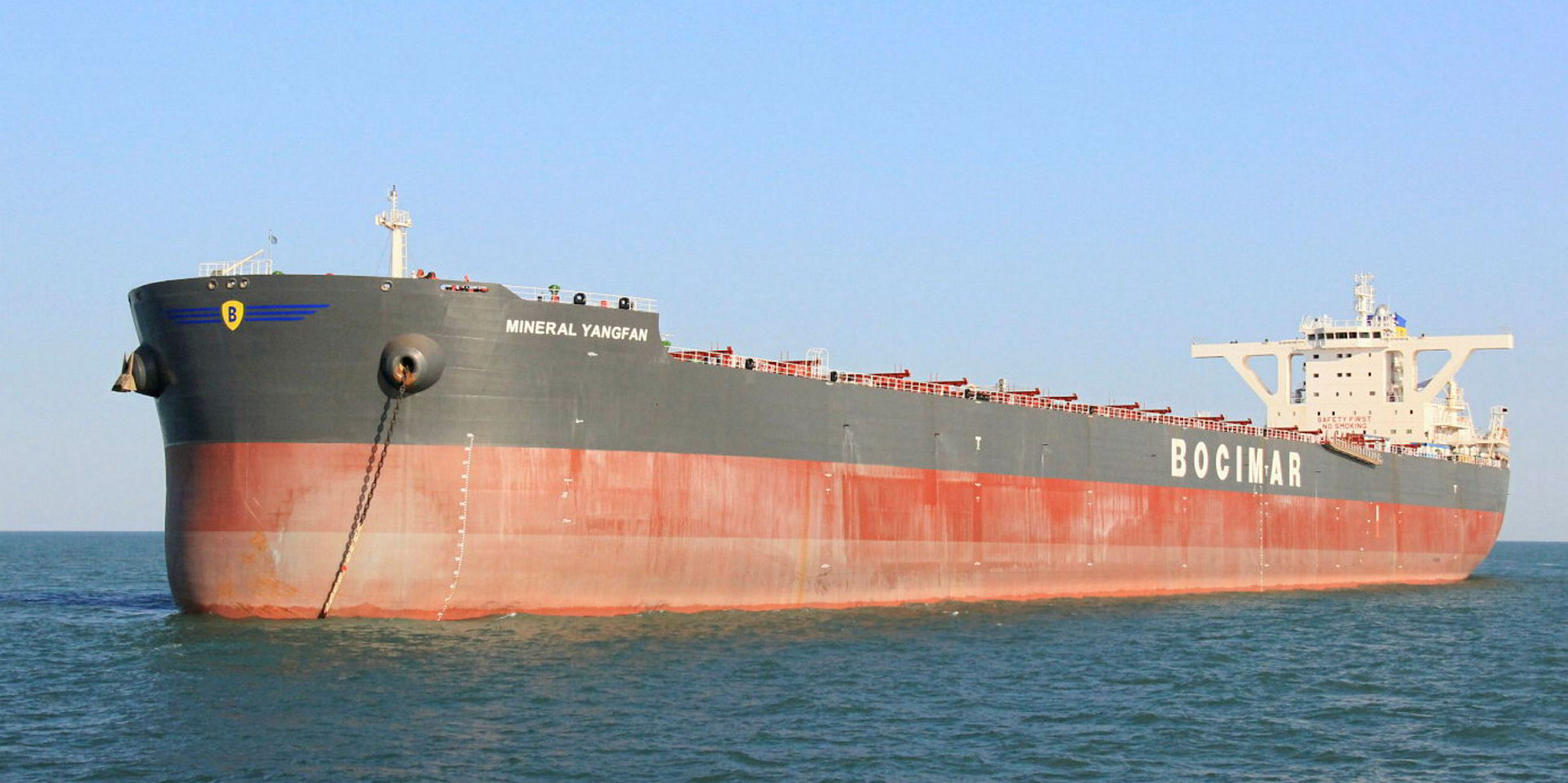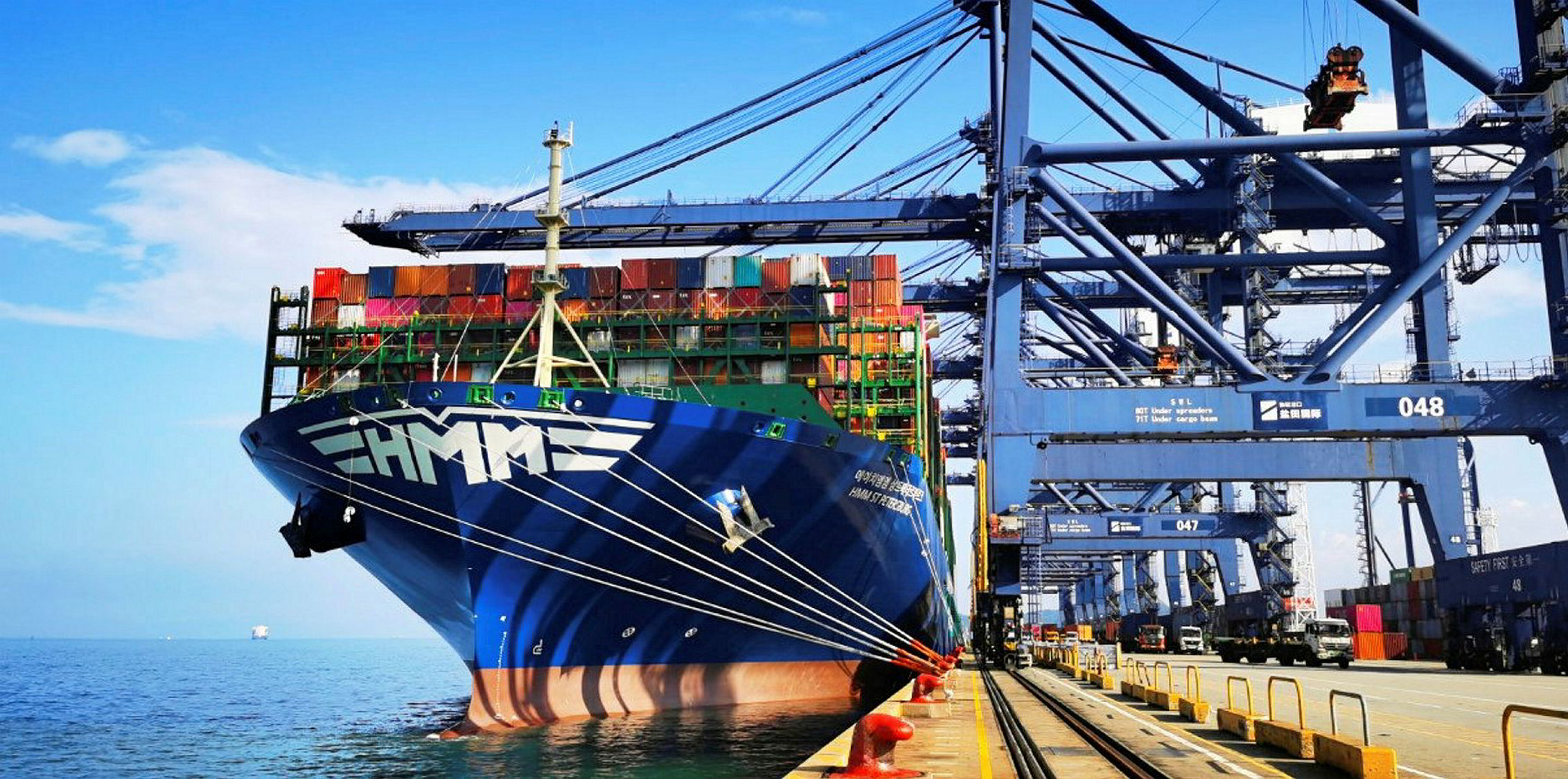Moody's Investors Service has upgraded its outlook on AP Moller-Maersk's credit rating from negative to positive after a strong response to coronavirus disruption.
The ratings agency reaffirmed its Baa3 long-term issuer assessment of the Danish containership giant, a week after US investment bank Goldman Sachs rated the company's stock as a buy.
"Following a very strong performance amidst the global pandemic by the container shipping industry, Maersk's credit metrics have continued to strengthen during the first half of 2020," said Daniel Harlid, Moody's lead analyst for Maersk.
The ratings agency said a continuation of the recent performance and credit metrics improvements trend could support further positive rating pressure over the next 12 to 18 months.
Capacity discipline
"The container shipping market has performed very strongly amidst the global pandemic, where all carriers have exhibited discipline in terms of adjusting capacity to decreased demand during the first half of 2020," Moody's added.
Volumes during the third quarter have been stronger than expected, in combination with equipment shortages on some trade lanes, sending freight rates higher than at the start of the year, the company continued.
Lower fuel costs have helped carriers to record double-digit Ebitda growth rates in the first half, compared to 2019.
"In light of how the industry is currently behaving, coupled with continued low bunker prices and relatively high freight rates and strong volumes during the third quarter, Moody's believes the second half will be even better in terms of operating performance," the ratings agency said.
Strategic switch pays off
Moody's praised Maersk's efforts to become an integrated shipping and logistics company after selling off energy businesses from 2016.
"During this period, the company has paid down large amounts of debt while [it has] simultaneously increased profitability for the remaining business, resulting in continued positive free cash flow generation over the last years," the ratings agency added.
This means the adjusted debt to Ebitda ratio fell to 2.7 in the 12 months to 30 June, down from 4.8 at the end of 2017, Moody's calculated.
With the help of a reduced capex level, which Moody's believes will be sustained, Maersk's free cash flow to debt level amounted to 15% in the second quarter.
Moody's also notes as a positive the fact that Maersk is using these strong cash flows to prepay outstanding bonds as well as bank debt, further strengthening its balance sheet.
On the downside, the agency said there is a looming threat of additional lockdowns, as well as increased trade tension between the US and China.
Buffer in place
"That being said, Maersk's capital structure and credit ratios are strong enough to have some cushion for these type of risks without jeopardising continued positive rating pressure," Moody's added.
Goldman Sachs raised its recommendation from neutral to buy last week, with the target price hiked from DKK 10,000 ($1,580) to DKK 12,700.
The shares were trading at DKK 10,185 in Copenhagen on Wednesday.
The stock has doubled since March despite the Covid-19 pandemic hitting box demand.
Big result expected
Goldman Sachs analyst Patrick Creuset expects a very strong second six months for Maersk, with big dividends going to shareholders.
"I am happy with the development, but not satisfied yet," Skou told the Borsen daily last week.
Capacity management through cancelled voyages has boosted freight rates this year, leading Maersk to forecast a profit for 2020 up to $1.5bn bigger than it previously expected.
The company expects Ebitda this year to be between $6bn and $7bn, before restructuring and integration costs.
That is significantly up on the forecast of $5.5bn when the earnings guidance was suspended on 20 March due to Covid-19 uncertainty.
The liner operator reported higher-than-expected Ebitda of $1.7bn in the three months to the end of June.
However, Skou said he is only completely satisfied when the group delivers a return on invested capital of 7.5%.








